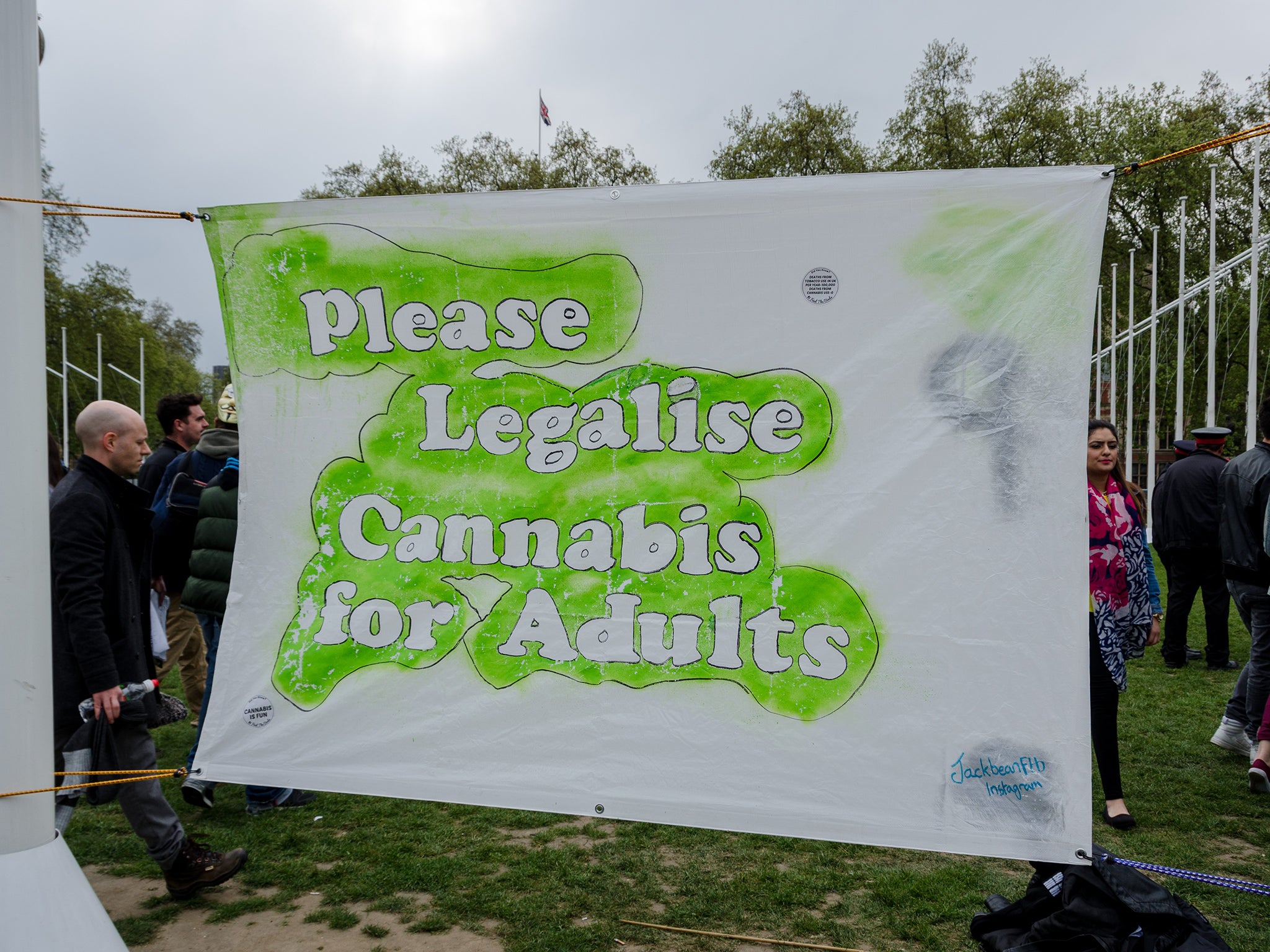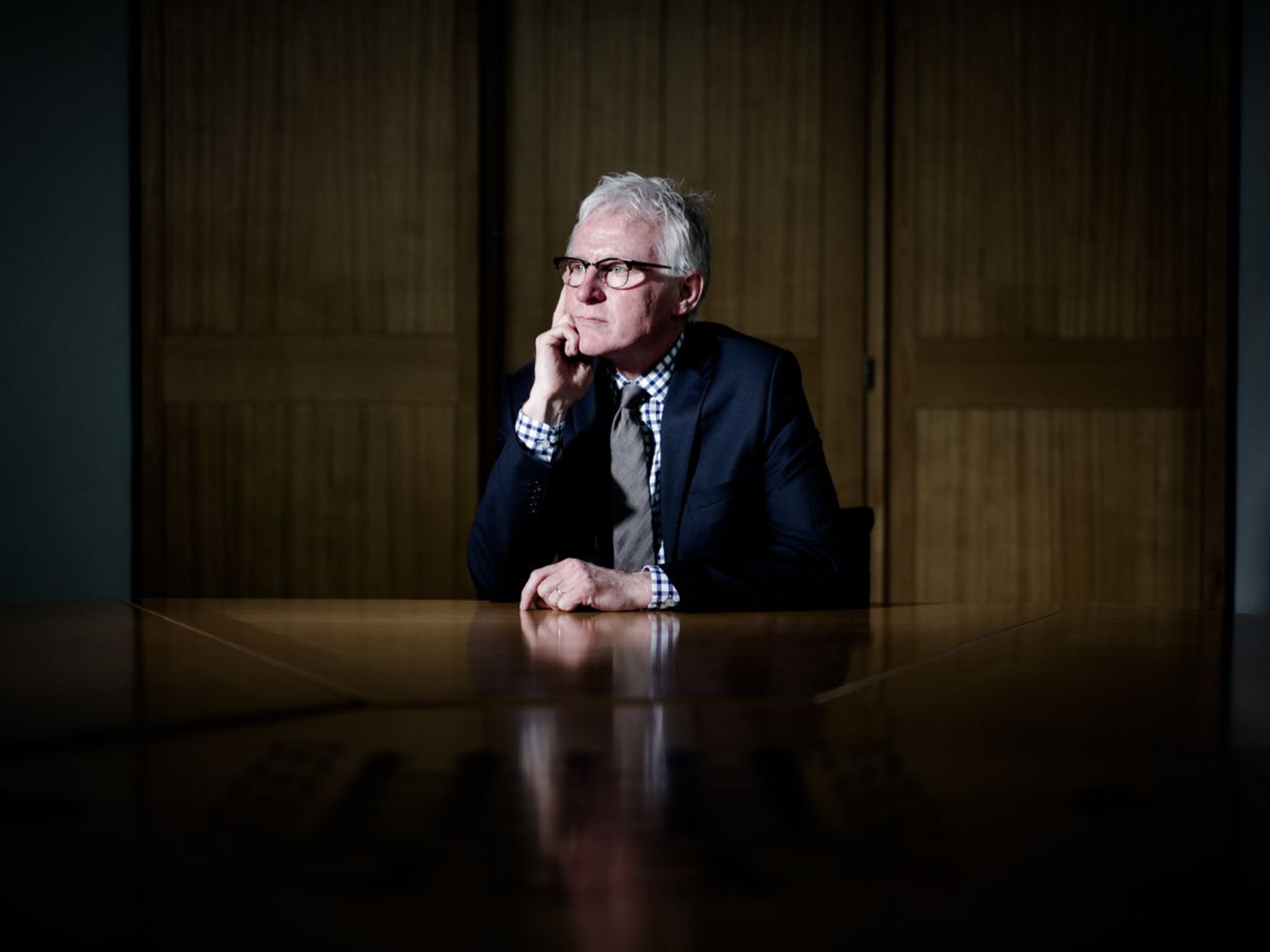Liberal Democrats become first major party to back cannabis legalisation
Party claims making cannabis legal would reduce drug related crime and raise £1bn in taxes following 'totemic' vote

Your support helps us to tell the story
From reproductive rights to climate change to Big Tech, The Independent is on the ground when the story is developing. Whether it's investigating the financials of Elon Musk's pro-Trump PAC or producing our latest documentary, 'The A Word', which shines a light on the American women fighting for reproductive rights, we know how important it is to parse out the facts from the messaging.
At such a critical moment in US history, we need reporters on the ground. Your donation allows us to keep sending journalists to speak to both sides of the story.
The Independent is trusted by Americans across the entire political spectrum. And unlike many other quality news outlets, we choose not to lock Americans out of our reporting and analysis with paywalls. We believe quality journalism should be available to everyone, paid for by those who can afford it.
Your support makes all the difference.The Liberal Democrats have become the first major party to support the legalisation of cannabis, a move, they argue, that will reduce drug-related crime and raise around £1bn in tax revenue.
The policy was overwhelmingly approved by delegates at the Lib Dems’ spring conference in York on Saturday.
It follows a review of soft drugs set up by the former health minister Norman Lamb, one of the eight MPs who survived the party’s general-election rout last year, and chaired by Steve Rolles, a senior policy analyst from the Transform Drug Policy Foundation.
Mr Lamb told The Independent on Sunday, that the vote would be “totemic” for the party.
The party’s former leader Lord Ashdown built up the Lib Dems through the 1990s by taking on unusual causes that nevertheless appealed to a substantial sub-section of the electorate. This included allowing Hong Kong nationals British passports to relocate to the UK when the former colony was handed back to the Chinese.
Mr Lamb said the Lib Dems are similarly “out on our own” on legalising and regulating cannabis.
He added: “The frontbenchers of the other parties, I think, are frightened of the issue. The hypocrisy of it is extraordinary.
“I guess if people in government are anything like the broader population, probably 50 per cent of the government has taken cannabis at some stage.”
Mr Lamb, who has never taken illegal drugs, added: “The strategic challenge we [the Lib Dems] have is that a great chunk of people in the country, including probably many readers of The Independent on Sunday and The Independent, regard themselves as liberal in their instincts, in their attitudes, in their philosophical position, but they don’t necessarily associate themselves with the Lib Dems.
“Our task, if we are to build electoral support, is to convince people that we’re the party that represents those liberal values. I think totemic policies like the cannabis motion – which has the great value of being evidence-based and rational, and also acutely liberal – is the sort of thing we should be doing to develop an identity for ourselves that people can identify with.”

The review concluded that a regulated cannabis market would help smash criminal cartels that run the British drugs trade. Mr Lamb denied this was a “whacky” plan, given relaxation of cannabis laws was passed in Canada last year and that several US states have legalised the drug.
Mr Lamb stood for the Lib Dem leadership last year, but was defeated by Tim Farron, a former party president. Unlike Mr Lamb, Mr Farron was unscarred by the Lib Dems’ bruising experience in coalition, because he did not serve as a minister during those five years in government.
Mr Farron told The IoS: “This is about being really grown up about a massive issue and looking at the evidence. It contributes hugely to a criminal network that thrives off the illegality of the substance.
“We’re trying to help those people who might have problematic use. We’re trying to help society by undermining the criminal fraternity who make billions out of this. In doing that, you can look at how to better focus resources on catching the real criminals. And, let’s be honest, £1bn in tax could be used to invest in policing, education, and in health.”
Mr Farron will make his leader’s address today, when he is expected to launch a strong attack on Health Secretary Jeremy Hunt and his actions during the junior doctors crisis. These doctors have gone on strike over changes to pay and conditions, while Mr Lamb predicts that the NHS could need a government bail-out due to its deteriorating finances.
The Lib Dem leader will also say that Chancellor George Osborne is “taking an unnecessary political choice” to continue with public spending cuts. The Lib Dems believe public-sector workers needed substantial pay increases after years of seeing their wages squeezed.
Mr Farron is also angry that the Government has reversed the coalition’s green energy subsidies.
He will argue: “It is time to be active and ambitious by investing in capital spending on housing, broadband and public transport. It’s time to make the tax system work for small businesses. It’s time to support the skills people want and need .... And it’s time to condemn the Tory approach to green energy that is killing jobs, killing innovation, and putting our future in peril. It’s time to back renewables.”
The Lib Dems also adopted a policy to ban fracking. Energy and climate change spokeswoman Baroness Featherstone said: “Fracking is not the solution to the country’s energy problems. We need to focus on long-term, sustainable goals like achieving a zero carbon Britain by 2050, not carving up the countryside for short-term gains.”
Join our commenting forum
Join thought-provoking conversations, follow other Independent readers and see their replies
Comments